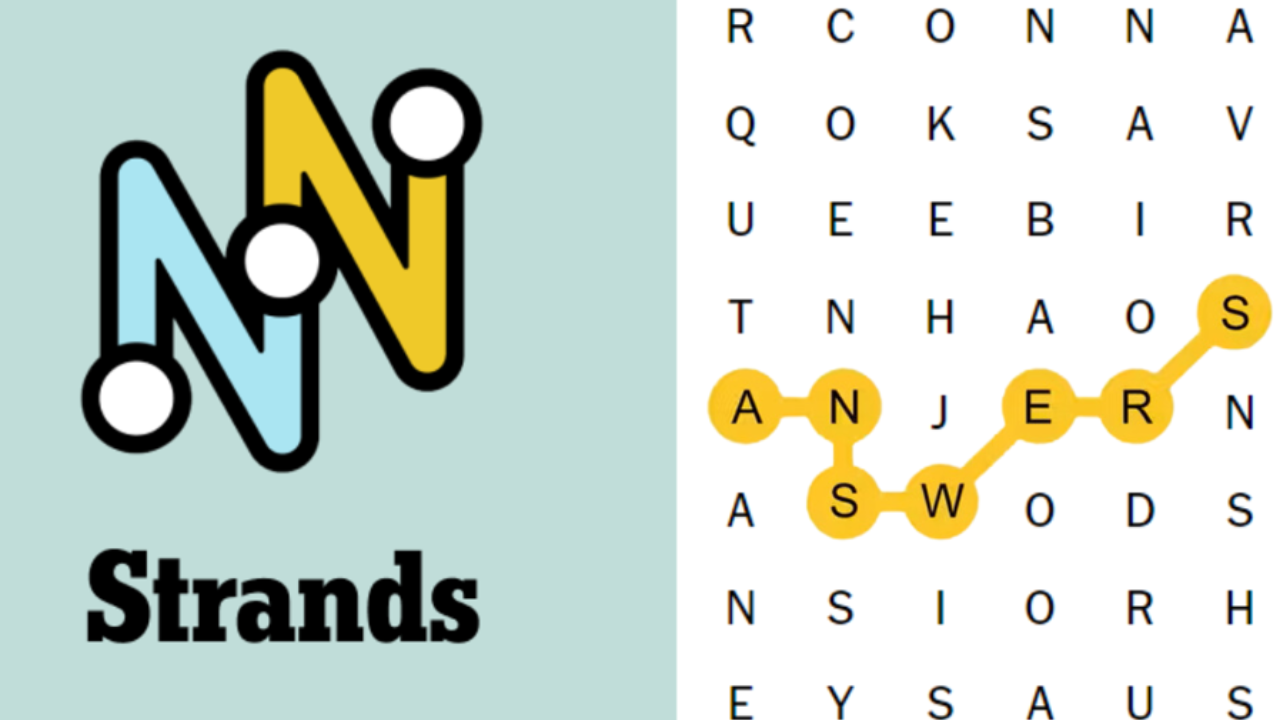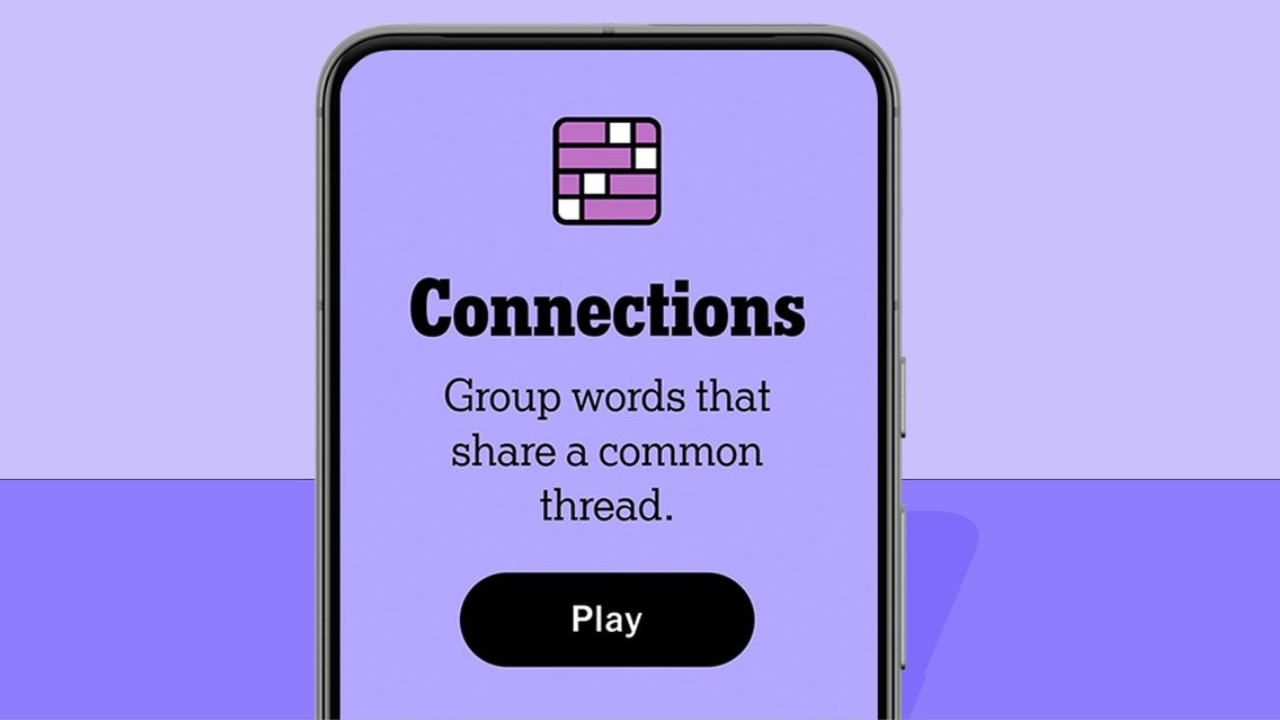Google has recently found itself entangled in a web of antitrust cases, scrutinized by both European and U.S. authorities. These cases, spanning multiple fronts, primarily target Google’s business model for ads and its popular search services. However, another significant aspect attracting regulatory attention is Google’s app store policies, particularly surrounding its Google Play Store. As a result, the tech giant is now seeking to delay an injunction that could fundamentally change how Play Store operates.
The Root of the Legal Dispute
At the heart of the legal showdown lies Epic Games, the developer known for its blockbuster game Fortnite. Several years ago, Epic initiated lawsuits against both Apple and Google after clashing with their app store policies—specifically, the 30% transaction fee each company imposed on purchases made through their respective payment systems. The controversy sparked an antitrust storm, with Epic Games pushing for reforms in how app store ecosystems are run.
While Apple’s legal battle grabbed initial headlines, Google’s Play Store has also been under scrutiny, with Epic seeking to open up the platform to alternative app stores. The recent court ruling in Epic’s favor would force Google to make such changes, but the tech giant is fighting back, arguing that the move could cause unintended negative consequences for various stakeholders.
Google’s Response
In response to the ruling, Google swiftly announced its plans to appeal and requested a stay of the injunction that was set to take effect on November 1. The company contends that the mandated changes could lead to unintended harm for consumers, developers, and device manufacturers. Moreover, Google has raised concerns over potential risks to user privacy and security if third-party app stores are allowed to integrate seamlessly with the Play Store.
To delay the enforcement of these changes, Google has officially filed a request for a stay with Judge James Donato, who issued the original ruling in San Francisco. Simultaneously, the company is pursuing an appeal with the U.S. Court of Appeals for the Ninth Circuit, which could prove pivotal in the long-running legal battle.
What Does the Court Ruling Mean for the Future of App Stores?
Judge Donato’s ruling, issued on October 7, is a significant blow to Google’s Play Store monopoly. The injunction requires Google to permit the use of third-party app stores on its platform, a move that could radically alter the app marketplace. Beyond that, Google is prohibited from enforcing agreements that force developers to use its services exclusively or offer preferential treatment to developers who agree to its terms.
Another critical aspect of the ruling is the restriction on offering financial incentives to Android device manufacturers to prioritize the Play Store over other app stores. In essence, this ruling aims to foster competition and level the playing field for emerging app store rivals, potentially ushering in a more diverse app ecosystem.
The Injunction’s Three-Year Window
While Epic Games initially sought a six-year injunction, the court settled on a three-year period. Judge Donato emphasized that the provisions are designed to promote competition without overly constraining Google as a competitor. His ruling reflects the need to weaken the “network effects” that give Google Play an unfair advantage but also recognizes that Google should still be allowed to compete on its merits.




















